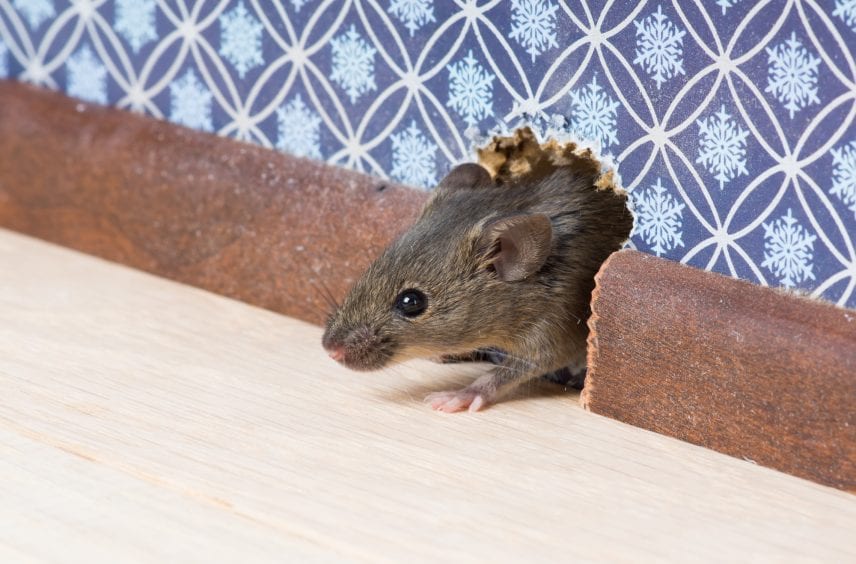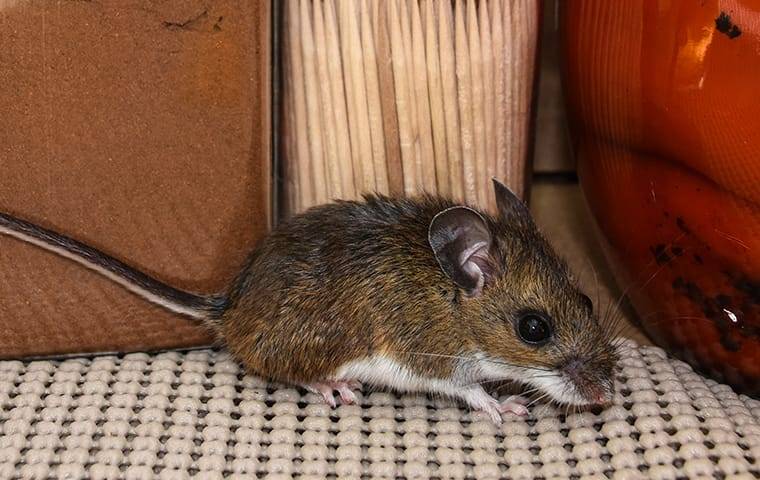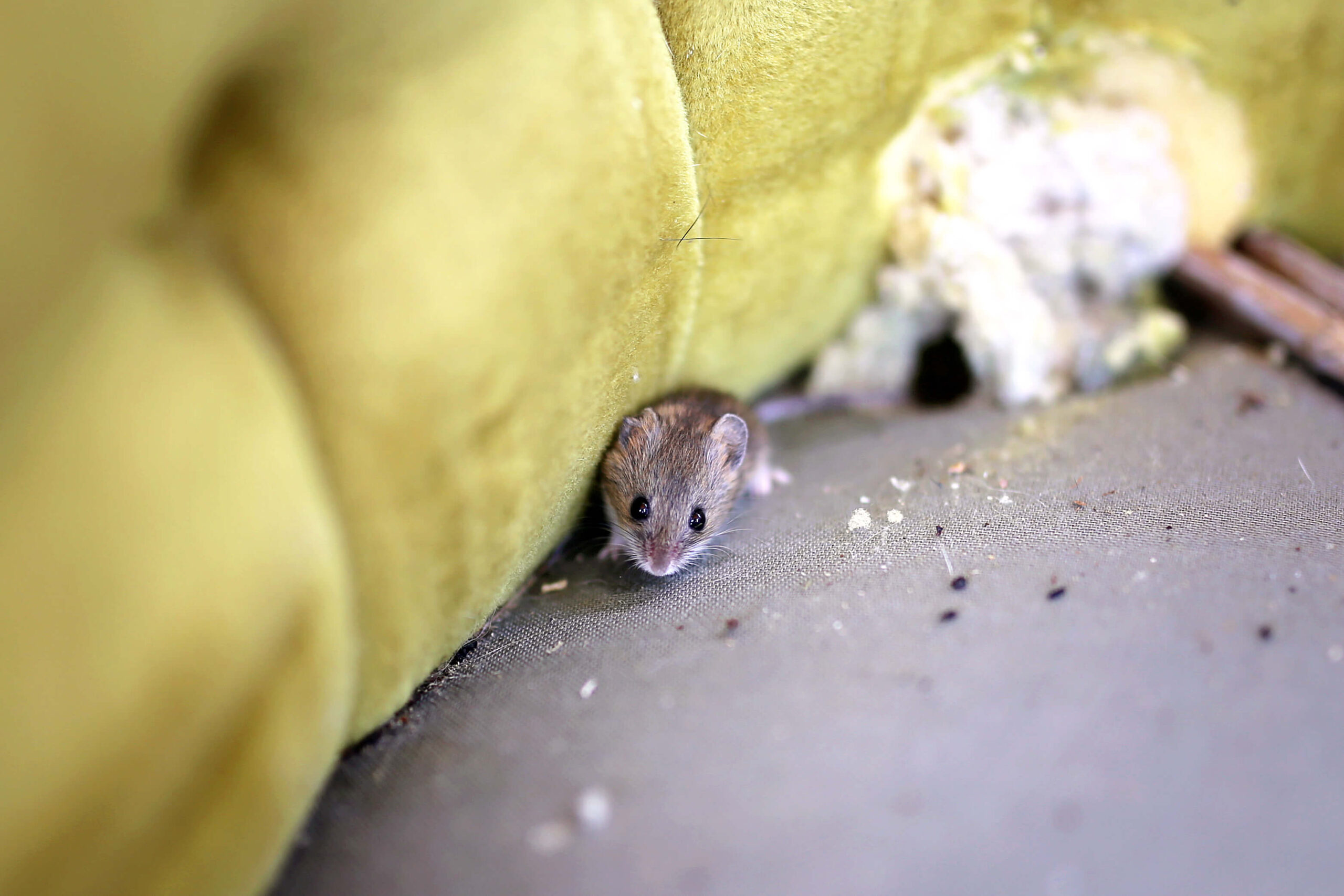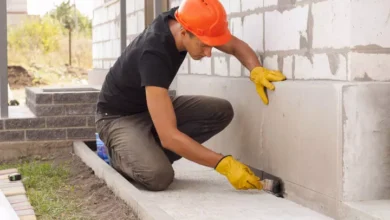
As scary as this might sound, you might not be the only inhabitants of your house. No, we are not talking about paranormal entities but about creatures that homeowners often find scarier because of the physical risks they posit and the nuisance they create. We are talking about your not-so-friendly rodent guests, mice.
If you have heard squeaking noise coming from some distant corner, scurrying sounds beneath your furniture could swear someone was scratching the insides of your walls, or have found suspicious-looking brown or black droppings on your expensive furniture, your house might have mice infestation.
Wondering if you have a mouse infestation? Want to know how to get rid of your unwanted guests as quickly and efficiently as possible? Worry no more, for you are at the right place. If you are looking for professional support to deal with a severe case of mouse infestation, contact rodent control Los Angeles to get immediate relief from the menace. To know more, read on.
Some Obvious Signs of Mouse Infestation

Mice infestation can be more dangerous than people commonly imagine. These rodents bring ticks and lice that can become a whole new headache. They spread deadly diseases through their droppings and by contaminating the food you leave in the open. The scratching of furniture, chewing through clothes and books, and messing up wiring is a whole other set of a nuisance you must be prepared to face.
Some tell-tale signs that a colony of mice has decided to be your neighbors are as follows:
- Unfamiliar squeaking and scurrying sounds coming from the nooks and crannies of your house
- Sounds of scratching on your furniture or behind your walls
- Feces on your clothes and furniture
- Shredded paper or clothes in random corners of the house
- Mouse nests in distant, unused corners, sometimes with baby mice
- Musty odors and urine smell throughout the house
- A chance encounter with a single mouse.
Remember that encounter with a friendly little mouse might indicate a severe infestation, as mice are highly social creatures who seldom live without their colonies. If you find one or more of these signs, contact rodent control immediately or take steps on your own. The longer you let them thrive, the more difficult it becomes to get them to leave.
How to Get Rid of Your Unwelcome Pest Guests?

Now that you have learned to identify mice in your home, let us get to the next part: getting your rodent guests to leave. How long will it take for mice to leave, you ask? Well, this question does not have a simple answer. The time you need to get rid of the infestation can vary between one to three months, depending on the severity of the infestation.
To get rid of these notorious guests, observe the following steps:
- Prevent access to food: Remember that the primary motive of your rodent guests behind infiltrating your house is to access readily available food sources. Therefore, you must prevent their access to free food.
Do not leave any food items uncovered in the open. Wash your dishes immediately after meals instead of making a pile in the sink. Secure your garbage bags and dispose of them timely. Keep all dry food items in the fridge or sealed containers.
- Close all entry points: How do the mice enter your house if you do not open the door for them? Through windows and small openings, duh! While closing all doors on them is impolite, this might be your best shot at preventing the infestation from getting any worse. Close all openings 1/4th of an inch big, and eliminate all possible access points like the holes made for utility pipes.
- Traps: Mouse traps are the most effective way of catching and eliminating mice though you do not necessarily have to get violent straight away. Use humane traps that are well-ventilated with spring-attached doors that get auto-locked as soon as your guest enters. These traps would catch them without harming them. You can later relocate them to a safe place, away from your home.
- Bait stations: If your kind methods have caused you no good, and you have identified violence as the only way out, you can set up bait stations. These generally consist of rat poison or rodenticide in a sealed plastic package. When left in the open, the mice chew through the plastic and consume the poison, meeting quick but painful death.
However, remember that these chemicals are highly poisonous for humans and pets. If you have cats or dogs that might prey on dead mice, refrain from using this method, as it might pose a serious threat to your pet’s life.
How to Tell if the Mice Have Gone Away?

Just like mice do not come to your door to say hello when they move in, there are no tearful goodbyes before they leave. How, then, should you know that your methods have worked? Here are a few signs that your house is only yours once again:
- No droppings: Check the corners of your house regularly once you’re certain that there is an infestation. When you stop seeing droppings for about a week, you can be sure that the mice colony has left. Check all nooks and crannies, even openings as small as a dime. If you see more mice after this, seal all entry points to prevent infestation.
- No damage to your expensive items: If you have found no new damage done to your clothes and furniture, no new shreds of clothes lying around, and no gnawing at your sofa and tables, the storm has passed. Your fellow inhabitants have left your home.
- No suspicious sounds: If the mice are gone, you will notice that the strange and unexplained scurrying and scratching sounds have stopped once and for all, making the house feel as normal as it can get.
Conclusion

Mice infestation can be a menace if not dealt with carefully. These tiny-looking rodents can cause large-scale damage to your property and pose health hazards to you and your family. These pests are hard to spot and even harder to throw out. It typically takes about 25-40 days to get mice to leave if you have spotted the mice early on. However, if the infestation becomes critical, it might take more than three months to solve the problem.



